Ever wondered what happens to your recycling after it has been collected? Where is it reprocessed and how can we be sure where it ends up?
Each fortnight before your collection day, most of us spend time diligently giving items a quick rinse before putting them in our recycling bin. We squash bottles, cans, and probably spend a moment or two second-guessing if yoghurt pots really can be recycled (they can – chuck them in!). Double check other items with your ultimate guide to recycling.
But do you ever wonder what happens to your recycling after it has been collected? And more importantly, where it ends up?
If you watched the BBC’s War On Plastic, you probably have asked yourself these questions. The image of mountains of plastic in illegal dumpsites in Malaysia and local families suffering health issues from the toxic effects is not what you want to envision when putting out the recycling.
Let’s take a look at what happens to your recycling in East Sussex.
The journey of your recycling
Watch this short animation to see what happens to your recycling:
Can’t view or prefer to read? Here’s what’s in the video and more:
We work with our contractor Viridor to manage recycling collected from your home.
Quality is important – please keep your items clean, dry and loose. Not sure if it can be recycled? If in doubt, please leave it out! Please especially ensure batteries are never placed inside your recycling or rubbish bins as these cause fires in our trucks and at our waste and recycling sites.
Viridor sort and process your recycling into high quality materials ready to be turned into new items. For example, plastic is chopped into small flakes and pellets, and cardboard and paper are sorted for pulping.
Once sorted, your recycling is then sent to be reprocessed so that it can be used again.
The good news is that most of our recycling stays in the UK. Where there isn’t the reprocessing capacity here, Viridor has to look abroad. For example, some of our cardboard goes to China and some of our paper goes to India.
While some of our paper and cardboard go on long journeys to be reprocessed, sending them to these places makes economic and operational sense since so much of our goods come from overseas.
In summary:
- Most of our recycling stays in the UK (phew).
- Some of our cardboard and paper goes abroad.
How do we make sure our recycling ends up where it should?
Viridor comply with shipping regulations and is able to ensure secure, stable contracts for our recycling.
Plus, the Environment Agency monitors these shipments of material to other countries, so we have a good system in place to trace our recycling.
However, most of our recycling stays in the UK, with glass, cans and almost all of our plastic being reprocessed here.
In summary:
- Glass, cans and almost all plastic stays here.
- The Environment Agency monitors any shipments of material.
A new life for your recycling
All of this means that your recycling can be made into new items. For example, cans can be made into new cans, pipes, train tracks and parts of cars.
Plastic can become new plastic bottles, clothes, carpets, and even the stuffing used for things like toys and sleeping bags.
Cardboard is turned into cereal boxes, paper towels and paper.
Paper is used to create cardboard, loo roll, newspapers and magazines while glass can be recycled into new glass bottles, jars and construction material.
These materials can be recycled many times.
What happens to items that can’t be recycled?
We currently recycle 43% of our waste. What we can’t recycle or compost is sent to the Newhaven Energy Recovery Facility where it is turned into green energy — enough to supply power to 25,000 homes!
We currently send just 2% of our waste to landfill. And we want to make it even less!
Is recycling the right thing to do?
The best thing for the environment is to reduce the amount that we buy and use in the first place. Check out our tips to reduce single use plastic at home for some easy ways to get started and where your nearest zero waste store is.
If you can’t reduce, you should look to reuse. Reuse glass jars for storage, shoe boxes and online packaging for gift boxes, and make old pillow cases into reusable tote bags. Donating and re-gifting items are also great ways to reuse.
Whatever you can’t reduce or reuse, you should recycle. However, we can’t recycle our way out over reliance on natural resources, but it does ensure that some of what we use can be used again and again
Check out your ultimate guide to recycling for a definitive list of what can and can’t be recycled in East Sussex.
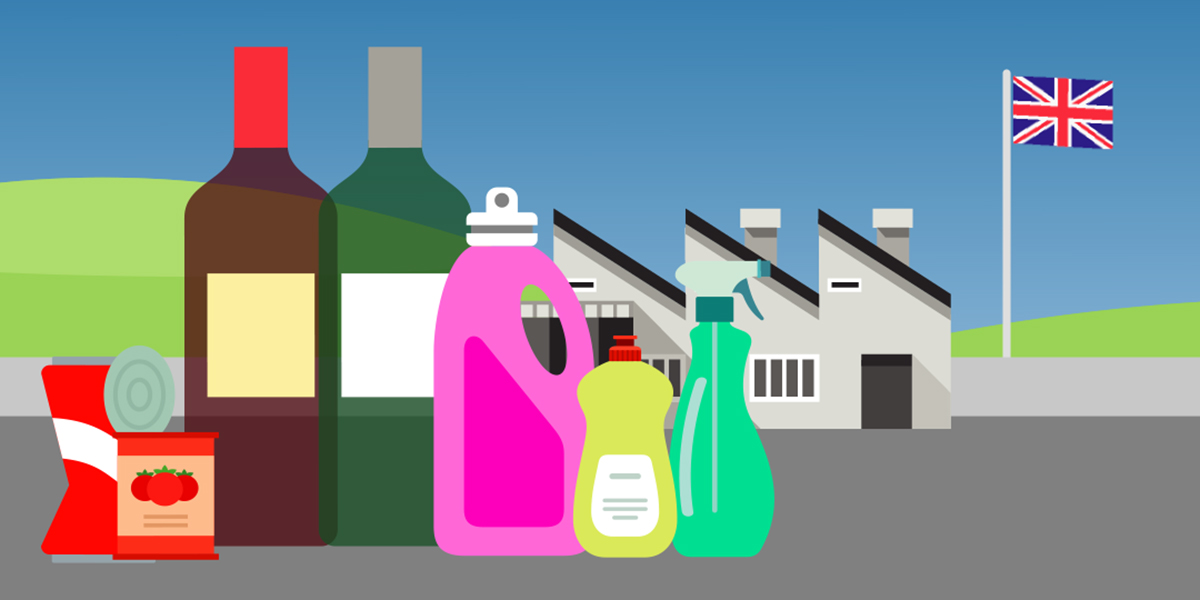
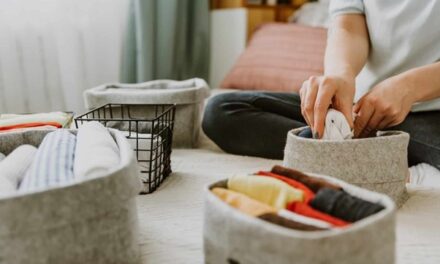
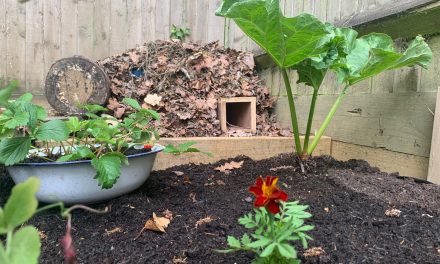
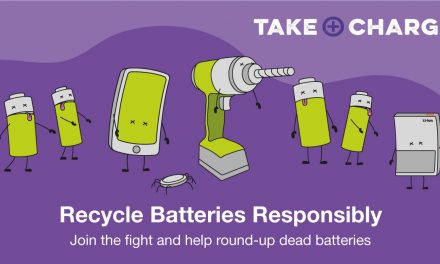
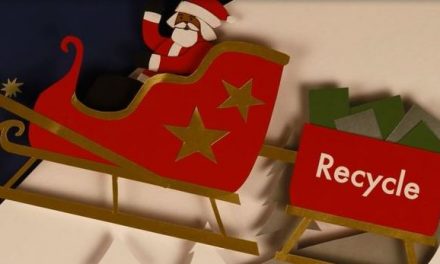
Why can’t we have a video of the operation at the recycling depot?
Hi Mike, Viridor have lots of these videos that you can view on YouTube. Here’s one at a Materials Recycling Facility: https://www.youtube.com/watch?v=8DAk8m7sVM4 Thanks, Laura
Glass bottles and jars? Metal lid on or metal lids to non recycle bin?
Hi John, the metal lids can go in your recycling too. Thanks, Laura
how much of the plastics go to the incinerator at Newhaven?
these plants are hungry for high-calorific fuel, and so-called ‘waste-to-energy’ (or as you have it, energy recovery) is officially counted as ‘recycling’.
and you have supply targets to reach, so…
Hi Tim, Only ‘black bag’ refuse waste goes to the ERF in Newhaven (which generates energy to power 25,000 homes). All recyclable plastic should be put into recycling bins, which will be collected and recycled, not sent to the ERF. Thanks
I read the ultimate guide to recycling. Still not sure about everyday things like bread bags, kitchen towel (which I believe can’t be recycled but others disagree with me) and, can coloured plastic trays (other than black) be recycled? I have bought mushrooms in both brown and green trays and have been recycling these.
On the What can I put in my bins? information I printed from the council website in January this year it listed plastic film but didn’t say no thanks to cling film it also didn’t say no thanks to black food trays. I realise that the list cannot include everything but these items I feel are very common. Sadly I feel that I will continue to be confused for a long time to come.
Hi Marion, bread bags are fine to recycle. Plastic trays are fine to recycle (sometimes black ones do get missed by the machine because the dye makes them ‘invisble’, but you can keep putting them in). Kitchen towel is not recyclable because it gets wet and contaminated with food. Cling film is very stretchy and clingy and can clog the machinery, so no thanks to that. Thanks, Phie
As usual a lot of fine words but very little detail…. for instance what does most mean? What percentage actually goes abroad 49%?…
How does sending any recycling abroad make economic and operational sense and what has imports from overseas got to do with our recycling?….. finally no information given as to what happens to the paper and card we send to India and China, is it recycled or simply dumped?… if you are going to waste council tax money on making these videos then at least fill them with facts…. this isn’t just a moan, i would like some answers to the questions I have posed.
Hi Chris, thanks for your questions. I’ll try my best to answer them all for you. 88% of our plastic stayed in the UK and 12% went abroad in 2019 for example. Viridor provide the end destinations of all recovered material and residual waste to East Sussex County Council each quarter. We upload this information each calendar quarter for the previous
quarter to the Environment Agency Waste Data Flow portal. Waste Data Flow is available publicly from the EA Website: https://www.wastedataflow.org/home.aspx
There are limits as to what can be recycled solely within the UK – for many materials we simply don’t have the re-processing capacity in this country – and we have rigorous checks in place to ensure that the items end up where they should, and that the people working there are treated and paid fairly. We send the materials on the return journey of container ships that have delivered goods- it makes sense to use the return journey to transport good quality recycling material back for recycling rather than sending the ships back empty. Having said that, things are constantly evolving and Viridor’s new Avonmouth plastics facility is an example of where our contractors are investing large scale infrastructure in order to be able to reprocess material in the UK: https://www.letsrecycle.com/news/latest-news/baseload-energy-boost-recycling-avonmouth/
What we do send abroad is used to make new things. For example, much of what people buy in the UK comes from abroad and those items we love (TVs, games consoles, coffee machines etc) all need materials to make them and their packaging. Our used items like cardboard, paper and cans come in useful here, and are used to make something new. In the case of cardboard for example – the highest value for pure brown ordinary corrugated cardboard (OCC) is generally in the Far East. Fortunately, in East Sussex, our residents tend to produce very good quality recyclate at the kerbside allowing this material to be separated and recycled.
With regard to taxpayers’ money, the video was made internally, and the total cost spent was £20 on a couple of images, which we think is very good value! Thanks, Phie
Hi, we have recently moved into the area and previously we were able to recycle our food waste which was collected weekly. In Rother we’re instructed to put it in the general waste. Is there an opportunity to collect this separately and recycle in some way? Surely separating it from the general waste would have benefits in reducing methane and volume in landfill.
Hi Gary, as part of the government’s Waste Strategy, it is proposed that all local councils will offer weekly food waste collections from 2023. In the meantime, our waste in East Sussex is sent to the Newhaven Energy Recovery Facility where it is converted into electrical energy – enough to power 25,000 homes. The electricity produced is then supplied to the National Grid. It is green energy. Plus, we currently send just 2% of our waste to landfill (items that are too large to be processed at Newhaven). And we want to make it even less! Best wishes, Laura
Are Tetra packs recyclable? I seem to recall that they are not
Hi Mike, Cartons / Tetra Pak are not recyclable in East Sussex. Please pop these in your waste bin so they can be sent with the rest of our rubbish to the Newhaven Energy Recovery Facility where it is turned into energy — enough to supply power to 25,000 homes!
The super long answer is that with the industry tightening its quality standards, cartons/Tetra Pak are now treated as contaminant and if enough cartons are present, it can cause whole recycling loads to be rejected. Even where recycling of cartons occurs it is often costly and inefficient. In general, cartons are comprised of 6 layers of material (including 2 types of plastic) which need to be separated. The paperboard fibres are recycled into pulp and used to make household products such as paper towels and toilet paper but usually the remaining plastic and aluminium compound residue – called PolyAl – is often incinerated at energy recovery facilities.
There is currently just one facility in the UK (Sonoco/ACE UK near Halifax) that is specifically designed to process cartons for recycling.
Until such time that more efficient and economic methods of recycling cartons are available, we’re keen to preserve the quality of the recycling we’re collecting from residents.
Cartons / Tetra Pak make up about 0.25% of our total waste. In terms of East Sussex County Council’s recycling – they form just 0.8% of your recycling bin.
Hope this helps, Laura
Thanks very much for posting this article and video. I have thought for quite a while that people would be more willing to take separating their waste more seriously if they actually knew what happens to it at the other end. I also think that the council could make improvements by telling people what should not be put in the recycling, as again I believe that there exists some confusion in this area. For example until I read the response you provided to Marion I was not aware that cling film is not a desired item in the recycle bin and up until now I have diligently been putting clean cling film in there. Then to read that not only was it not desired but it gums up the machines was quite a shock. Please keep up with providing us with information about what is and what is not wanted and eventually we will be in a situation where more of the correct stuff is put in the recycle bin and therefore less time will be spent having to remove unwanted rubbish at the recycle centres.
Hi Warren, we will be sending a leaflet to all households in East Sussex this autumn – keep a look out 🙂 Best wishes, Laura
Many thanks. Good luck
When can I expect a delivery of pink recycle bags I am having difficulty recycling my rubbish as carrier bags are not an option for me
Hi Pauline, this would be a question for Hastings Borough Council I’m afraid. The website says you can collect bags from the Tourist Information Centre: https://www.hastings.gov.uk/waste_recycling/recycling/pinksacks/ But you’d need to contact them for delivery details. Best wishes, Laura
As a related side note. As a cyclist, I tend to notice that the grass verges around Hastings seem to be a collecting ground for various types of discarded rubbish, drinks cans, plastic wrappers etc, in plentiful quantities, I’d give Queensway as an example. Reading your article, it occurs to me that this represents both a lot of potential recyclable material and possibly energy for the Newhaven facility.
I had to point out to my elderly neighbour recently that she should be rinsing out her yogurt pots before recycling them. Perhaps it would be good to reiterate to people that only clean waste will be recycled. This information should be prominent, I think, because people skim-read and often don’t take the time to trawl through the detail.
I thought your article was informative and reassuring. It’s a pity we don’t have facilities in this country for dealing with every kind of waste though. Are the government planning on addressing this, do you know?
Hi Sian, thanks for your comment. This particular article focuses on what happens after recycling is collected. You are right that the recycling process relies on clean materials and so we do ask that items are given a quick rinse or wipe before being placed in the recycling bin. We have a leaflet going out to households later this month with this information. When you ask about facilities for dealing with every kind of waste are you referring to the 2% that we send to landfill? Those are typically items that are too large for the Newhaven Energy Recovery Facility. Best wishes, Laura